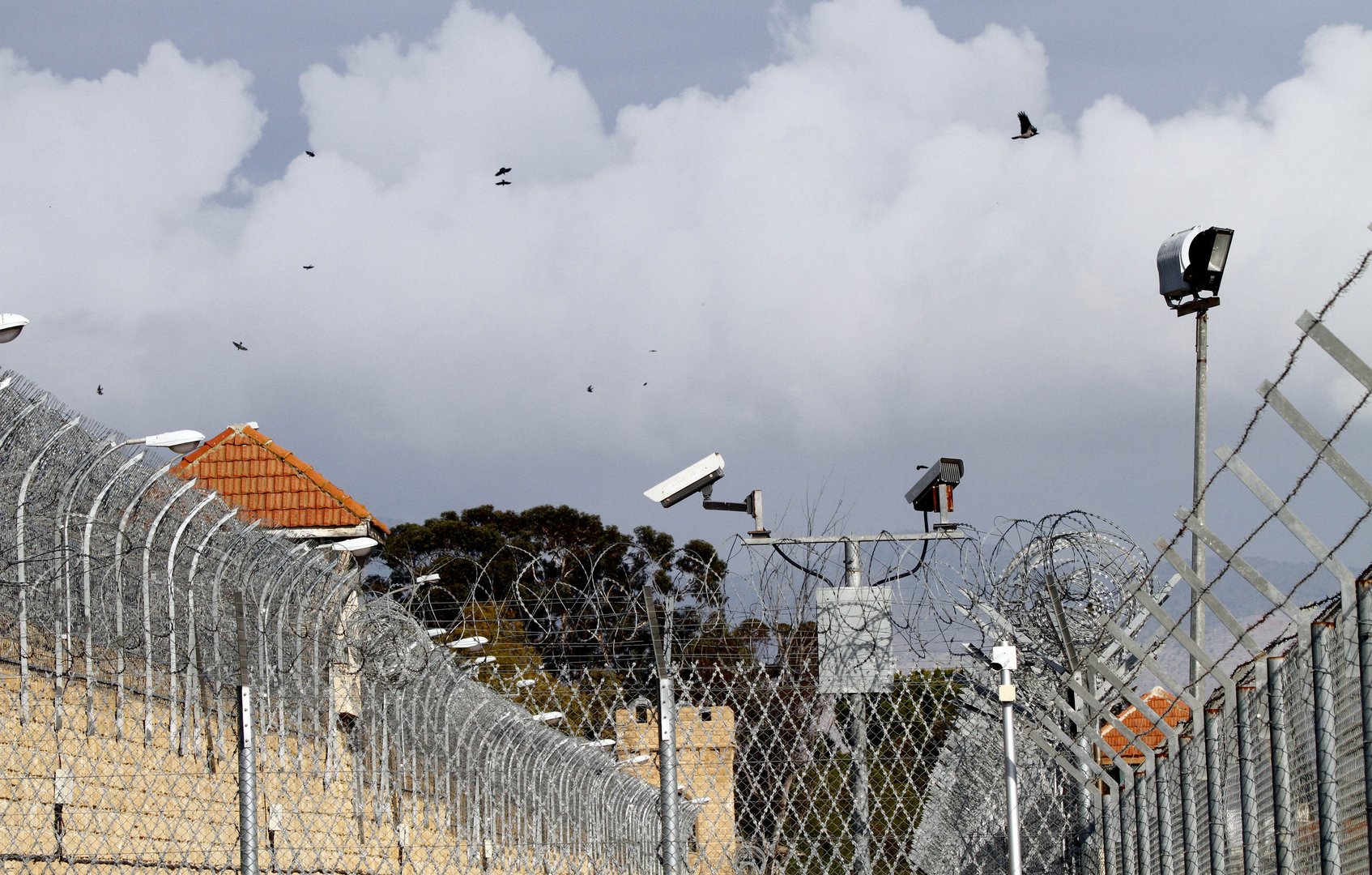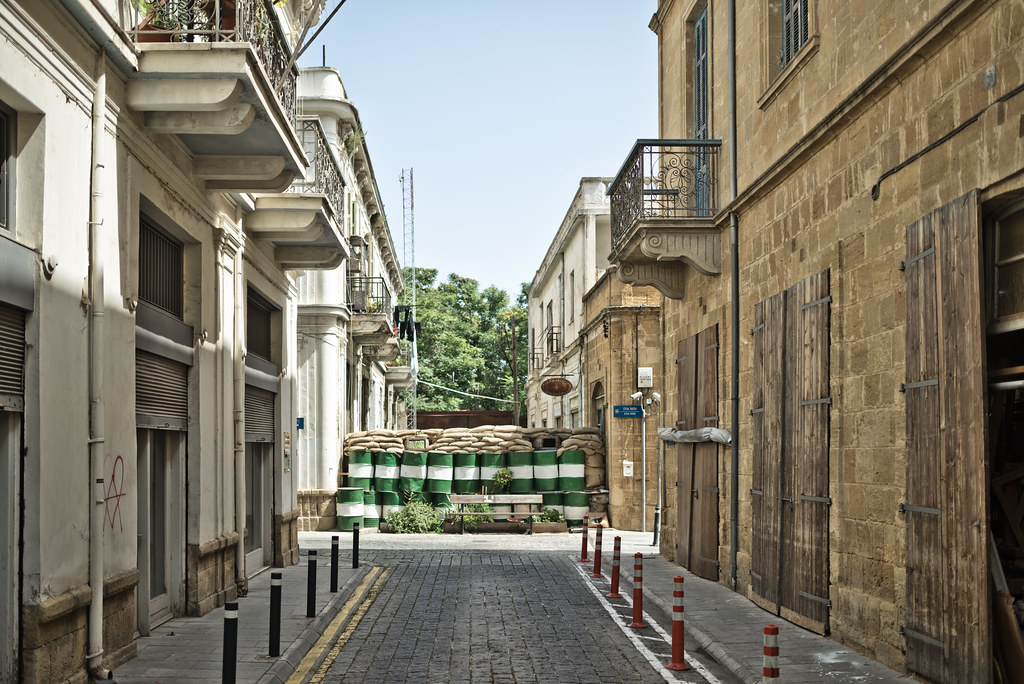Prisoners as groups vulnerable to violation of their human rights
By Alexandros Clerides, lawyer
Something we need to remind those who know or may have forgotten and to explain and inform those who do not, is the fact that those who are prisoners / imprisoned in any way in the Republic of Cyprus are considered to be in a special and vulnerable group of people in relation to violations of their human rights.
As reported in the Parliamentary Assembly of the Council of Europe, (2019) “Prisoners are among those most vulnerable to violations of their fundamental rights. The European Court of Human Rights (‘the Court’) has stressed that authorities have a “duty to protect” people in custody at all times.”
The reason that these individuals are considered to be in a vulnerable group in relation to their human rights, and unlike the rest of the citizens, is because they are under the absolute and direct control of the state.
A right is granted or taken away or violated in a direct and absolute manner by the actions of the state, which has the responsibility, obligation and authority to act in a way that directly affects a detained person. Either positively or negatively, a person who is in custody is affected by any decision of the state.
A change of block/room, transfer to different detention facility, suspension or refusal or monitoring of communication, cancellation of a visit, denial of a request, delay in considering a request, a physical or room search, a further deprivation of liberty within the prison itself, refusal or delay in a medical examination and others, when decided by any supervisory authorities of the state, there might be an absolute violation of human rights without the affected person being able to avoid it.
The fact that they are in a vulnerable position means that they are also in a dangerous position of being influenced, manipulated and exploited by the same state authorities.
A person who is in custody, especially when that person knows they will serve or are in real danger of serving a multi-year prison sentence, is more prone to being mistreated and even exploited in a way free people cannot perceive.
The human rights of prisoners do not disappear at the entrance of the detention centre or the prison, but remain intact except for the right to freedom. The remaining human rights are the same and have the same validity and dynamic that all citizens of a state have and as such state authorities should acquire the sensitivities and readiness needed to avoid violations and remedy them when they occur.
Alexandros Clerides is a criminal lawyer with Phoebus Ch. Clerides & Associates Ltd






Click here to change your cookie preferences